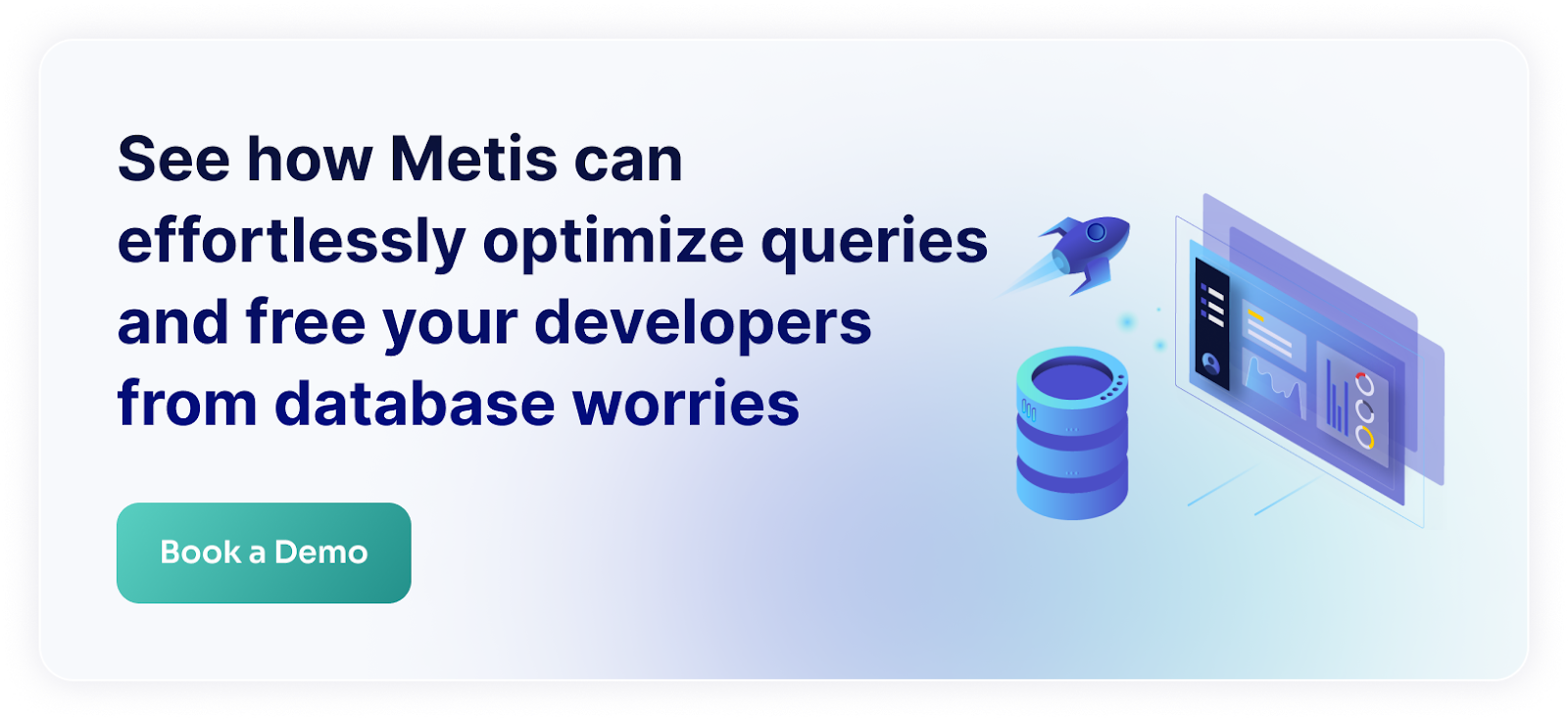We need a new approach to database management. Load tests are just a waste of time. Let’s understand why.
What’s Wrong With Load Tests
Load tests aim to determine whether a service and its database are fast enough for production deployment. While they can provide valuable insights, they come with significant drawbacks that make them less than ideal in practice.
First, load tests are time-consuming. To obtain meaningful results, we need to run thousands of transactions over several hours, allowing caches, drives, and networks to reach full capacity. This means we can't get early feedback and often need to run these tests overnight or let them run in the CI/CD pipeline without waiting for immediate results.
Second, load tests are complex to write. We can’t just bombard the service with random requests; we need to simulate production-like data distributions and ensure that the data we use makes sense. Dealing with stateful services, preparing databases, and covering all relevant code paths is difficult - especially when the service behaves differently across regions or evolves quickly. Achieving meaningful results is far from straightforward.
Third, maintaining load tests is a challenge. As data and services change over time, we must keep testing data up to date. While replaying production traffic might seem like an easy solution, it risks creating invalid states or missing important code paths.
Fourth, regulatory concerns such as GDPR and CCPA complicate matters. We can't simply use production data in non-production environments due to strict privacy policies. This means we must anonymize data, strip out sensitive information like social security numbers, and ensure that customer data doesn't leak - an error-prone and risky process.
Fifth, randomness complicates assertions. It’s common to get different responses for the same request due to variations in timestamps, random identifiers, and other factors. This makes it hard to write accurate assertions, as we can’t rely on byte-by-byte comparisons. Instead, we need to compare the semantics of the results.
Finally, load tests come too late in the development cycle. By the time we catch an issue through load testing, the code has already been written, reviewed, merged, and deployed to some environments. Fixing issues at this stage is costly, often requiring us to go back to the drawing board, which takes significant effort.
There are more reasons why load tests can be inefficient. So, what’s the alternative? Read on to find out.
We Need Observability
Rather than relying on load tests, it's more effective to catch issues early in the development process. We can leverage various observability techniques to gain insights and identify problems directly within the developers' environments.
One approach is to use telemetry to track the queries being sent to the database. By capturing these queries and projecting them onto the production database, we can analyze their execution plans. This lets us quickly determine if the queries will perform well in production.
Similarly, we can verify database schemas and configurations. We can assess whether indexes are properly set up and if queries are making efficient use of those indexes. We can also analyze what data is being read and explore better ways to optimize it. Crucially, these checks can be automated and compared against the production database, providing developers with immediate feedback in their environments, without waiting for code reviews or staging deployments.
Observability can offer even more benefits. By monitoring the changes being made, we can easily trace issues in production back to the specific code changes that caused them. This enables the creation of automated pull requests to address and fix those problems. Through this process, we can fine-tune configurations, schemas, indexes, and extensions, leading to improved database reliability and even automated self-healing.
Use Metis to Save Time and Money
Metis is the only solution that delivers the database observability we need today. It starts with analyzing the queries right in the developers’ environments:

Metis tracks your queries and shows how they perform in the database. This lets you identify a lack of indexes, slow functions, or inefficient structures.
In the same way, Metis analyzes schema migrations and protects your databases from performance degradation and data loss:

Metis keeps your whole database under control:

Summary
Load tests occur too late in the development pipeline to be truly effective. They are costly, difficult to build and maintain, time-consuming to run, and take place only after the code has been merged and reviewed. By utilizing observability, we can sidestep these challenges and detect issues much earlier in the process. Metis automates this entire process, helping us achieve excellent database reliability.







